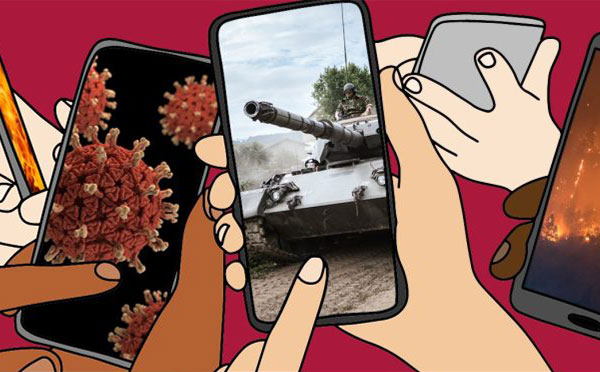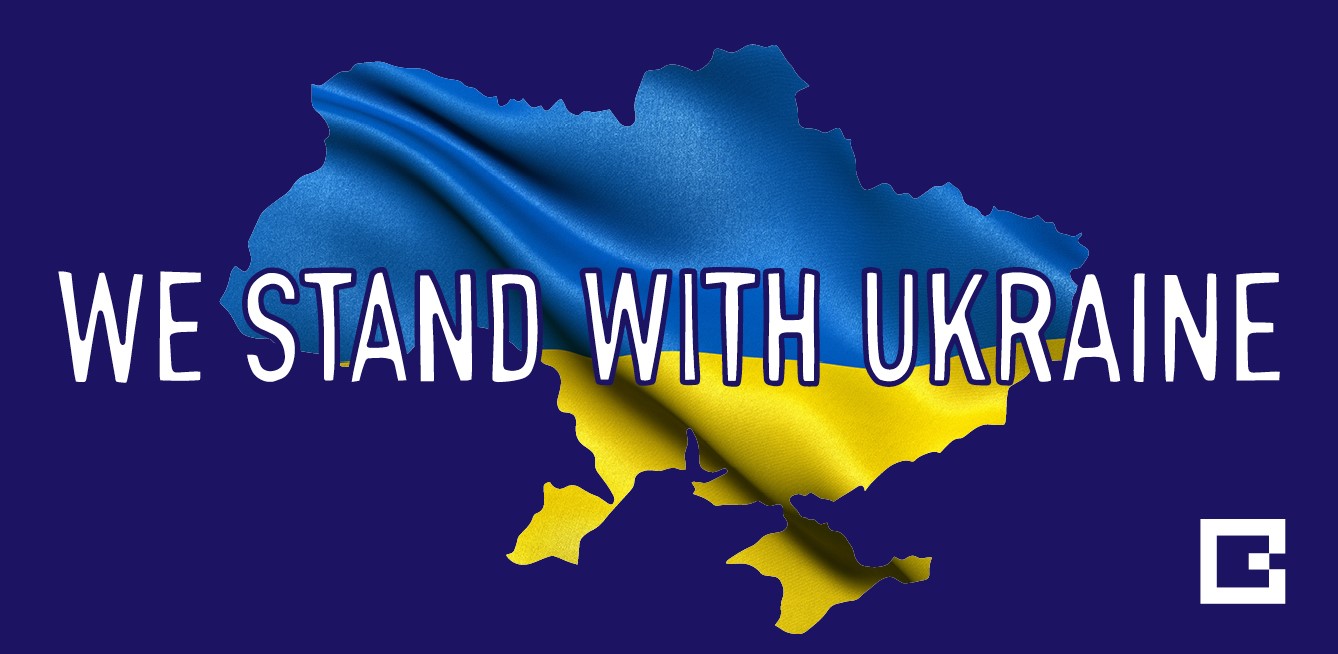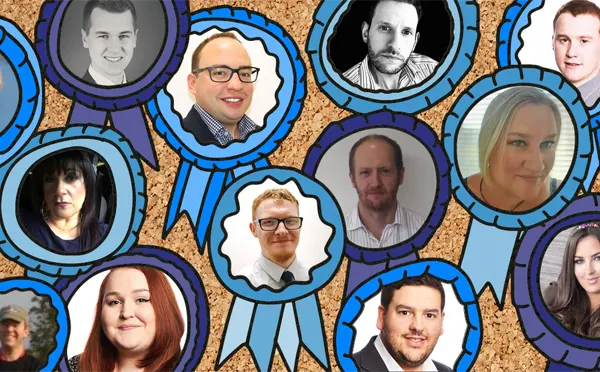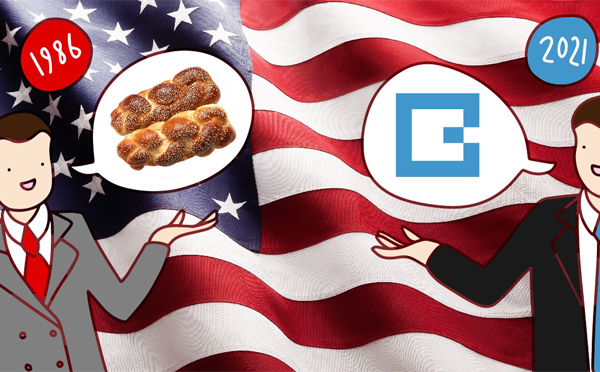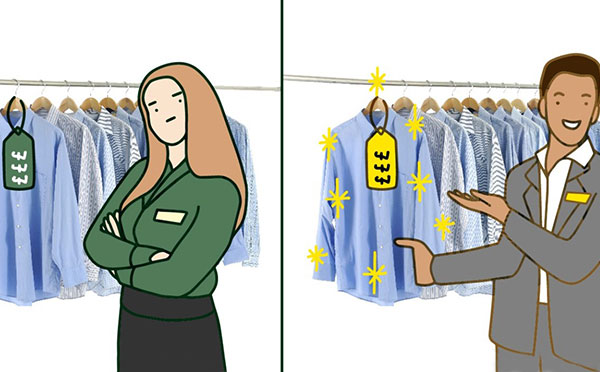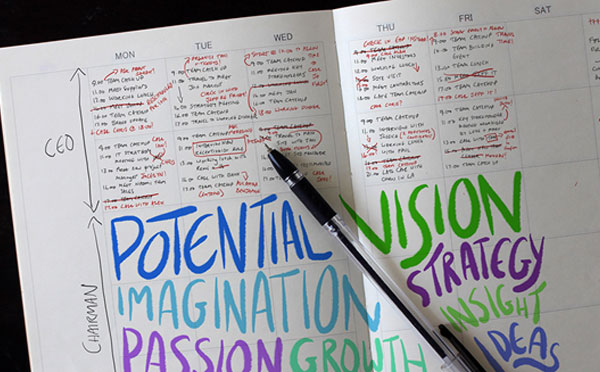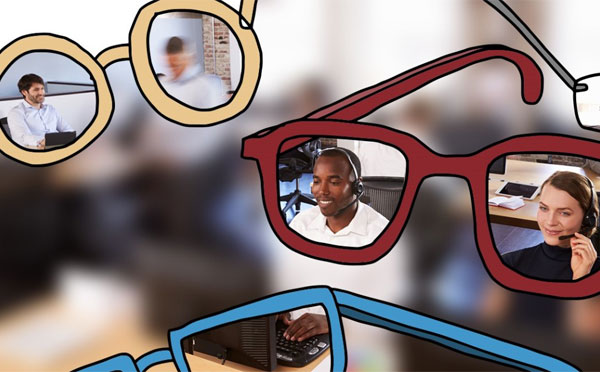These days, every meeting starts with doom and gloom. The war in Ukraine. Rising Covid cases. Sky-high inflation. The escalating cost of living. There’s a lot to be worried about right now, so it’s natural that these issues are front of mind for many of us.
But I worry that all this negativity is sapping our ability to make positive changes in the world around us.
We are so focused on challenges and threats that we have stopped thinking about the future. We are so exhausted by current affairs that we don’t have the energy to respond effectively.
This week, I want to encourage all business owners – including myself – to try and move beyond the doomscrolling and focus instead on the things in our lives that we can control.
As entrepreneurs, we don’t think about problems, only solutions, and this situation is no different. If we are worried about the rising cost of living, and the impact on our customers and teammates, the best thing we can do is ensure that our products and services are the best they can be, offering value for money. We need to think about how we can grow our businesses, creating more jobs during what is likely to be a tricky time for many.
If we are worried about Ukraine, then we need to ensure our businesses are profitable, allowing us to contribute to charities and causes that are close to our hearts. Eight of my BigChange colleagues are based in Ukraine and we check in with them all frequently to make sure they are safe and have all they need. The time spent in contact with them is so much more valuable than time spent absorbing more coverage of the horrors unfolding there.
At BigChange, our entire business proposition is based on driving efficiencies and helping customers to be more successful. We help businesses to save money, reduce waste, and ensure every hour of the working day is spent as effectively as possible. What does this mean in practical terms? Well, fuel bills are rising, and our technology dramatically reduces miles spent on the road, ensuring the right engineer is sent to the right job via the most efficient route. Cash is key to business survival right now, and our systems make invoicing easy and ensure customers are paid as quickly as possible. Covid cases are rising which is why our in-built health and safety procedures have become one of our most popular features. No wonder we have had a record quarter for new customers, bringing 100 new organisations on board.
We never stop trying to find new ways to support our customers, which is why we keep investing heavily in customer service – it is only by working hard to understand issues that customers face that we can keep iterating our software to break down barriers to success. I am also about to launch a new video series, Growth Stories, sharing some of the smart strategies that have helped our customers to grow and succeed, so that we can all learn and be inspired.
It is also important to be pragmatic, especially when it comes to Covid. Yes, the doom-laden headlines are never nice to read but we have known for a long time that we must learn to live with Covid, as we live with the flu. It’s about protecting ourselves and one another – working from home when needed – and not getting derailed by fear. I have just recovered from Covid myself – several members of my family caught it for the first time just a couple of weeks ago. Luckily, with remote working, I was still online and able to be productive throughout my illness.
Psychologists have warned of a marked decline in mental health across the UK as many Brits, still reeling from the impact of the pandemic, now react to all the frightening news we are consuming on a daily basis. We need to be there for our teams right now and be prepared to listen. We must also find ways to bring our people together – we are social animals and need the support of face-to-face interactions. This is why BigChange is working hard on bringing our summer soiree plans safely to fruition.
I hope that this post can be a rallying cry for entrepreneurs everywhere. Don’t be disheartened. There is so much you can do. Is your business as lean as it could be? Are there any changes you could make right now to help ensure its continued success long into the future? The time to act is now.

